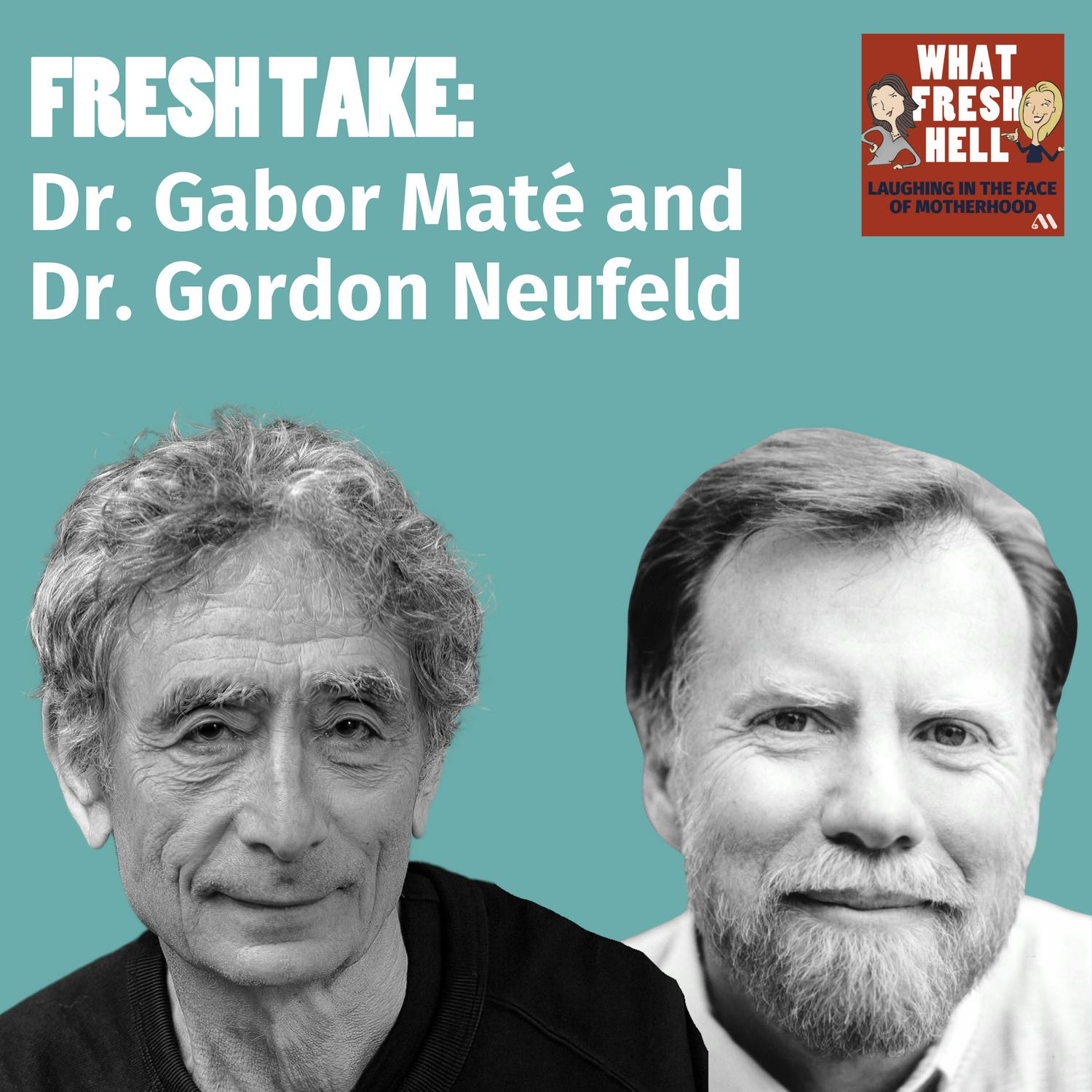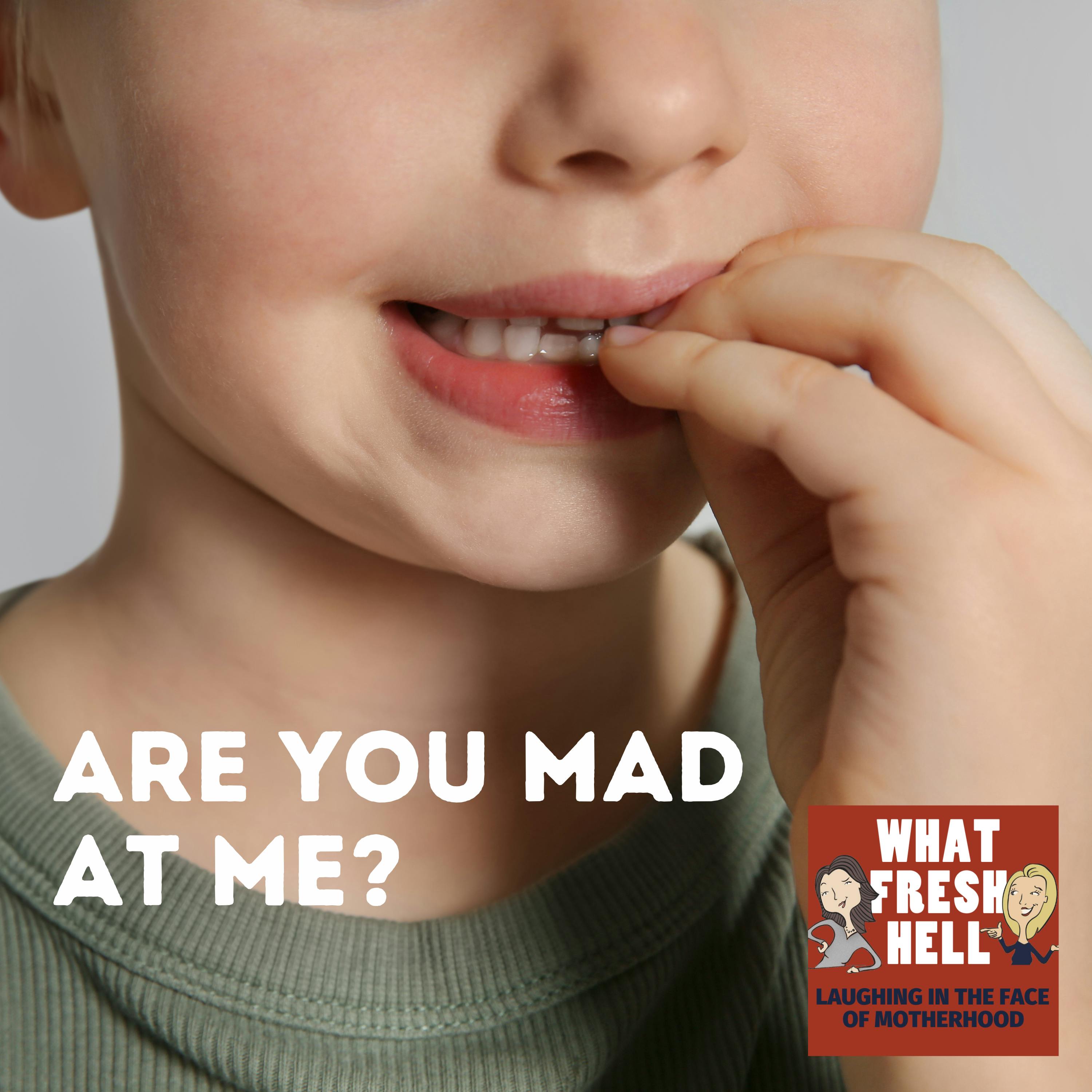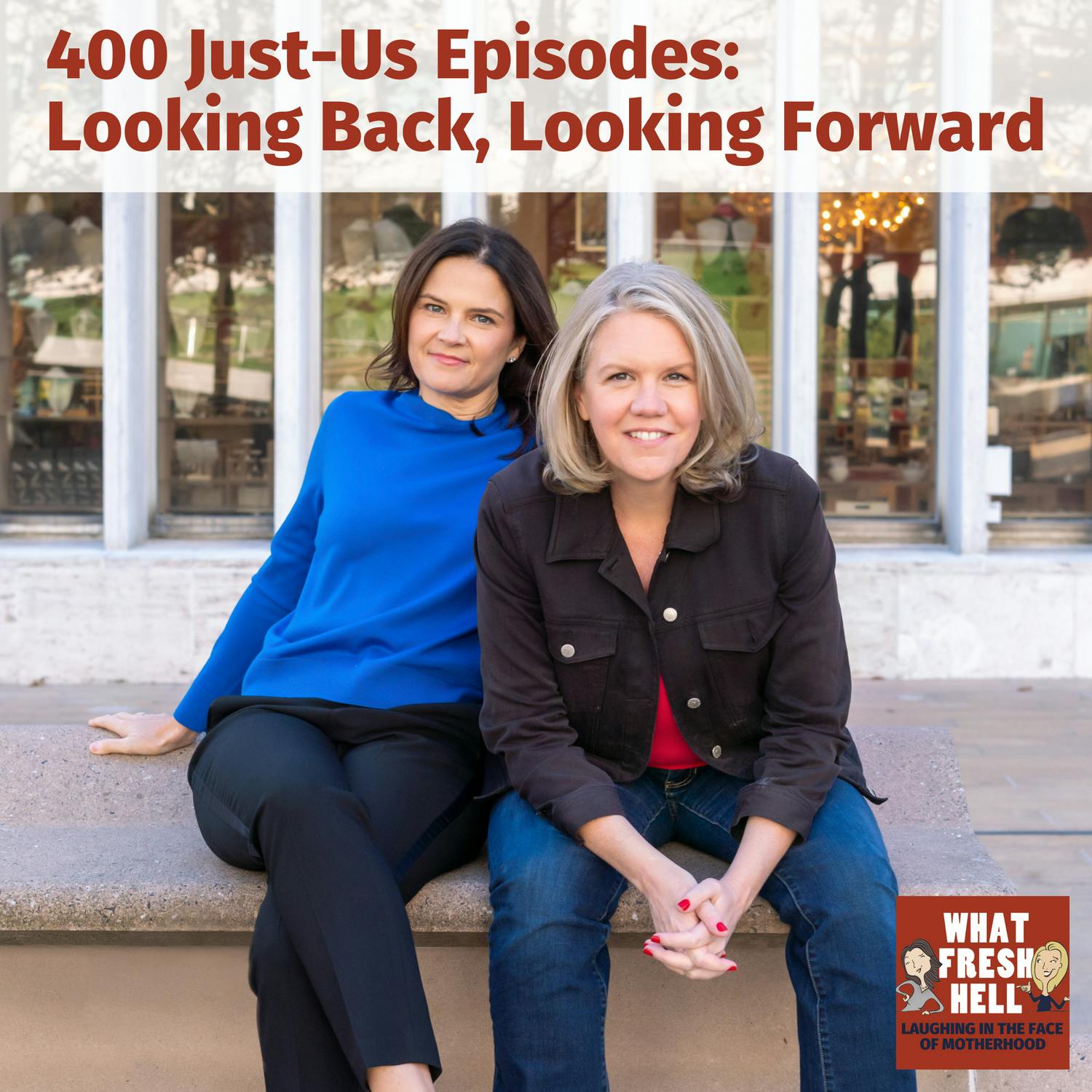Middle Kids
Most of us assume middle kids get the short end of the parenting stick. But some experts believe their place in the birth order makes them uniquely poised to succeed. Are there lifelong benefits for kids who grow up with a little benign neglect?
Most people believe middle children are prone to feeling insecure and left out because they get less attention. Their primary emotional state? Jealousy of siblings. Studies show that we think these problems are real and inescapable. A City College of New York study found participants were most likely to use words like “overlooked” to describe middle children— while completely unlikely to use the word “spoiled.”
Psychologist Dr. Alfred Adler first proposed a “middle child syndrome” in the 1920s, and ever since, most of us have assumed the Jan-Brady worst. But Dr. Adler also believed that middle children’s place in the birth order made them “uniquely poised to succeed.” Are we getting it wrong? Are there lifelong benefits for kids who grow up neither the pressured oldest nor the coddled youngest?
In this episode we discuss: “middleborns” vs “classic middles,” and how both are disappearing from the American demographicthe negativity of the “middle child syndrome,” and whether or not it bears outwhy middle children are more independent and open-mindedwhy middle children have a greater appetite for riskhow the “ambient neglect” a middle child sometimes receives can be an incredible giftWriter Adam Sternbergh, himself a middle, says that "being a middle child is not something you aspire to; it’s something that happens to you.” While that may be true, it also turns out that we should perhaps all be jealous of them. Being a middle kid can be secretly great.
Here's links to research and other writing on the topic discussed in this episode:
Adam Sternbergh for The Cut: The Extinction of the Middle Child
Dr. Catherine Salmon:The Secret Power of Middle Children: How Middleborns Can Harness Their Unexpected and Remarkable Abilities
Lindsay Dodgson for Business Insider: 'Middle child syndrome' doesn't actually exist — but it still might come with some surprising psychological advantages
Risk-taking middle-borns: A study on birth- order and risk preferences
Abi Berwager Schreier for Romper: Do Middle Children Really Have More Issues? Jan Brady Wasn't The Only One
Alphaparent: Optimum Family Size Facts
Learn more about your ad choices. Visit megaphone.fm/adchoices





















